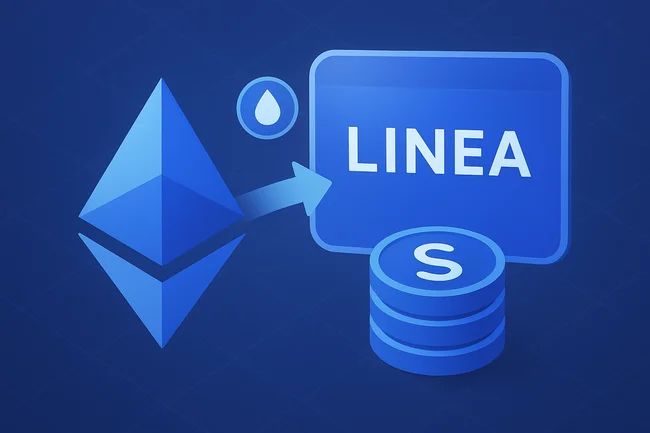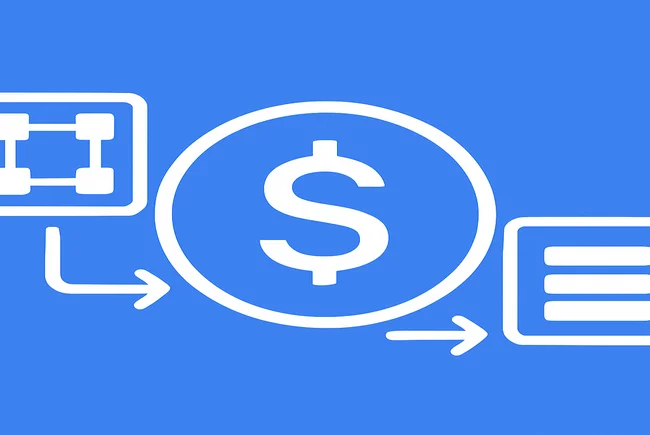Public governance systems in cryptocurrency refer to the frameworks and processes that manage decision-making within blockchain networks. These systems define how rules are set, modified, and enforced, impacting how the blockchain operates.Key components include consensus mechanisms, which determine how transactions are validated, and governance tokens, which give holders the ability to vote on proposals. These elements help to establish a decentralized approach to managing the network, ensuring that no single entity has control.Transparency is a critical aspect, as all decisions and changes are recorded on the blockchain, allowing for scrutiny by the community. This can enhance trust among participants, as stakeholders can verify the integrity of the governance process.Different projects adopt various governance models, ranging from fully decentralized systems where community input is paramount, to more centralized approaches where a core team makes crucial decisions. This variety affects how effectively a project can respond to challenges and evolve over time, shaping its long-term sustainability and success.
Aave Labs Acquires Stable Finance to Expand Consumer DeFi Products
Aave Labs has acquired Stable Finance, a San Francisco-based fintech company focused on stablecoin savings, in a move to strengthen



